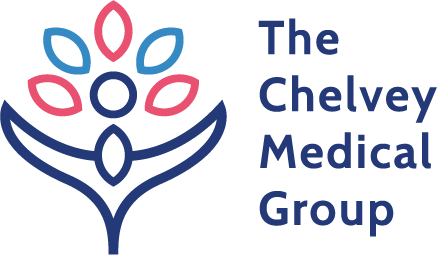The background population risk of developing breast cancer in your lifetime is 1 in 8 and this will not change much whether you take HRT or not.
There are aspects of your medical history and lifestyle that can increase your background risk of developing breast cancer, usually by only a very small degree. Some of these factors are things we can influence ourselves (weight, alcohol) and others are things we cannot change (family history of cancer, genetics).
Even if you have these risk factors, the chance of developing breast cancer is still small and most women who have some of the above risks will not develop breast cancer in their life.
The increased risk of developing breast cancer associated with taking HRT is understandably a very common concern that women mention when they come to our clinic to discuss HRT.
Breast Cancer: How we help
At Chelvey Menopause we can offer a lifestyle consultation where we can support you to make changes towards healthier living that will benefit you for years to come. Whether its help with weight loss, exercise advice, sleep or to explore psychosexual problems, one of our clinicians will be able to help you. We use CBT and life coaching techniques to help you to explore why these changes have been difficult to make or maintain in the past, and to help come up with achievable goals for the future. In addition we can offer a general health screening blood tests.


Does HRT increase my risk of developing breast cancer?
It depends on the type of HRT that you are taking.
Women without a womb (who have had a hysterectomy) may not need combined HRT and may be able to take oestrogen on its own.
**This does depend on the reason for the hysterectomy- women who have had severe endometriosis are likely to need two hormones for a time, even though they have no womb.
Oestrogen alone is not thought to incur any additional risk of breast cancer over a 5 year period.
The progestogen element of combined HRT has been shown in studies to increase the risk of breast cancer to a very small degree. This risk depends on the type of progesterone used- the risk is greater with synthetic progestogens and less with body identical preparations.
The risk of developing breast cancer if you drink a glass of wine a night or are overweight is higher than the risk of breast cancer from taking HRT.
Smoking also increases your risk and regular exercise reduces the risk of developing breast cancer.
It is important to remember that if a woman develops breast cancer it is still very unlikely to be because they took HRT and for women with a low background risk of developing breast cancer (most of the population) the benefits of taking HRT for up to 5 years are likely to outweigh the risks.
patient
feedback

“I can honestly say I felt completely seen and heard”
“I felt you took the time to ask me questions and truly listen which entirely validated my experience and feelings”
“Very clear in her explanations and listened to my concerns. I felt very reassured that a plan is in place”
“Thank you so much for your care and attention”


